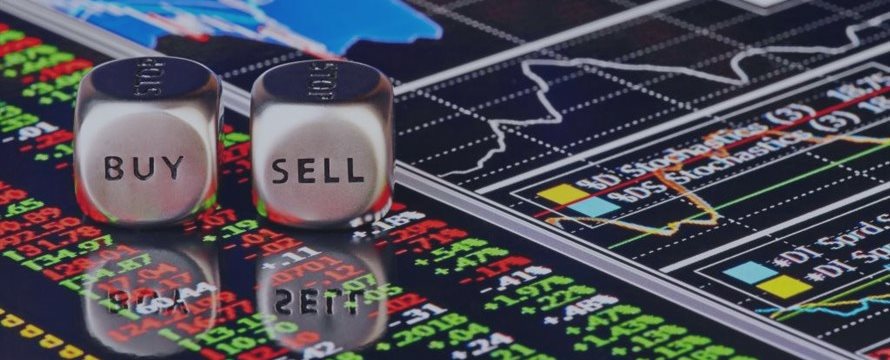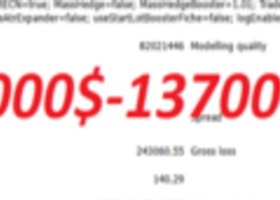
Making money from Fed decision: Investors will rush in either direction, so you can earn!
With hours to go before the Fed meeting, analysts keep guessing and estimating what outcome is in front of us. Meanwhile, MarketWatch columnist and the author of Hulbert Sentiment Index says: Who cares?! You will be able to earn with either outcome.
Just do the opposite of what most investors do immediately after the decision is announced.
Humphrey Neill, the father of contrary analysis, once said: “When everyone thinks alike, everyone is likely to be wrong.”
In the real world, the timing of the Fed rate hike is not that important. So, the market's immediate reaction to the news will be corrected after, Mark Hulbert notes.
Hulbert advises: if the bank decides to increase rates right away and the market drops, as it very well could, then you should bet on a quick recovery. But if the Fed decides to postpone a rate hike and the market soars, you should bet on a quick retreat.
In fact, there are very few economists who can well explain why the timing of the hike really matters. On the contrary, analysts say the stock market’s fair value will be almost the same regardless of if the rate increase comes this week, or in December, or sometime next year or even thereafter.
Surely, the hike maters. But the thing is unless you believe short-term rates will permanently stay as low as they are now, or you think rates will soar by orders of magnitude more than what anyone is contemplating, then the timing of the hike makes surprisingly little difference.
Have a look at two important arguments:
1) The present-value argument
When interest rates are higher, the present value of a company’s future earnings and dividends will be correspondingly lower. But, as a practical matter, the reduction is minor. Consider two extremes — on the one hand, an assumption of no rate increase over the next decade, and on the other hand, an immediate increase of 25 basis points. The present-value difference of these two extremes is just 1.1%.
The real-world impact of a rate hike becomes smaller and smaller as these hypothetical extremes are eased. The difference shrinks to almost nothing when you contrast the present-value impact of a difference of just three months when a 25-basis-point increase takes place.
2) The price-to-earnings ratio argument
One of the most repeated arguments for why higher interest rates would affect the stock market is that higher rates turn into a lower price-to-earnings ratio. However, there is neither theoretical nor practical proof for which this should be like this.
In an analysis conducted more than decade ago by Clifford S. Asness of AQR Capital Management, who focused on data from 1926, he analyzed whether the P/E ratio does a better job forecasting the overall market’s one- and 10-year returns when it is adjusted according to prevailing interest rates.
And just the opposite was found! The predicting record of an interest-rate-adjusted P/E was dramatically worse than the unadjusted P/E.
The bottom line? This week is a good opportunity to practice
being a black sheep, a contrarian investor.


